10 Essential Tips for Choosing the Right Irrigation Flow Meter for Optimal Water Efficiency
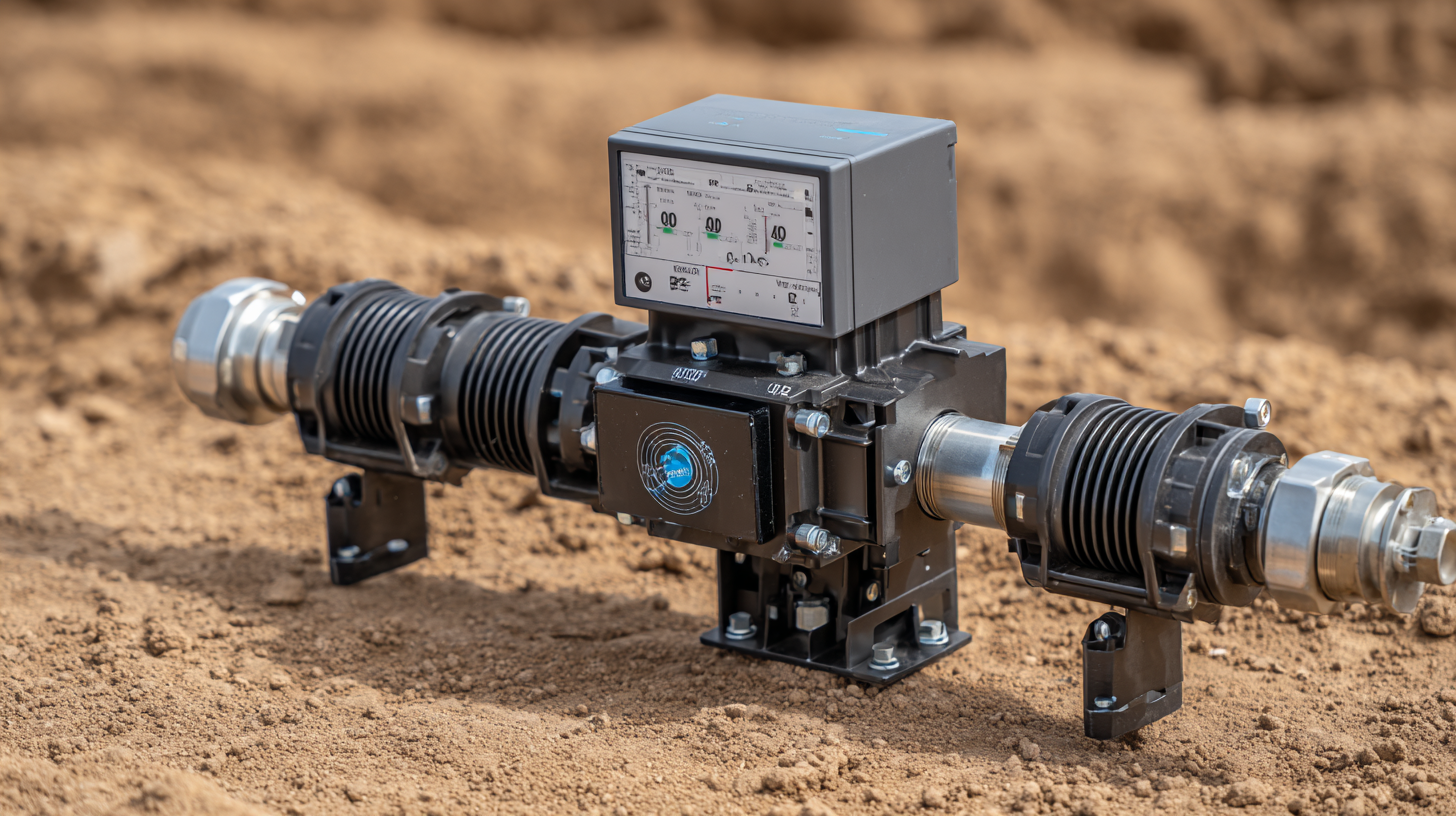 In the quest for optimal water efficiency, selecting the right irrigation flow meter is paramount. According to Dr. Emily Greene, a leading expert in agricultural irrigation technologies, "The right irrigation flow meter not only ensures accurate water measurement but also enhances sustainable water management practices." With water scarcity becoming an increasing concern, utilizing effective tools like irrigation flow meters can significantly impact how resources are allocated and conserved in agricultural settings.
In the quest for optimal water efficiency, selecting the right irrigation flow meter is paramount. According to Dr. Emily Greene, a leading expert in agricultural irrigation technologies, "The right irrigation flow meter not only ensures accurate water measurement but also enhances sustainable water management practices." With water scarcity becoming an increasing concern, utilizing effective tools like irrigation flow meters can significantly impact how resources are allocated and conserved in agricultural settings.
Choosing the right irrigation flow meter involves understanding various factors, including flow rates, sensor types, and compatibility with existing systems. It's essential to consider these elements to maximize both water efficiency and crop yields. As the agricultural industry continues to evolve with innovative irrigation solutions, being equipped with the right knowledge about irrigation flow meters is crucial for farmers and land managers striving for sustainable practices.
By following these 10 essential tips, stakeholders can make informed decisions that contribute to better water management and environmental stewardship.
Understanding Different Types of Irrigation Flow Meters for Your Needs
When selecting an irrigation flow meter, it's crucial to understand the various types available to meet your specific needs. The primary types include volumetric, mass, and velocity flow meters. According to a report by the Irrigation Association, volume-based meters are ideal for agricultural applications where precise water allocation is necessary. With rising water costs, accurate measurement can lead to significant savings—up to 20% on water usage—demonstrating the importance of selecting the right meter.
Mass flow meters, on the other hand, provide real-time flow data and are beneficial in systems requiring immediate feedback for adjustments. They are particularly useful in high-precision environments, such as greenhouse irrigation, where maintaining optimal moisture levels is critical. The American Society of Agricultural and Biological Engineers emphasizes that adopting advanced flow measurement technologies can enhance overall irrigation efficiency by over 30%.
Selecting the right meter not only promotes sustainable water use but also aligns with the growing trends in precision agriculture, where data-driven decision making is transforming traditional farming practices.
Key Features to Consider for Optimal Water Efficiency in Flow Meters
When selecting the right irrigation flow meter for optimal water efficiency, several key features should be considered. Firstly, accuracy is paramount; a high-precision flow meter minimizes discrepancies in water usage data, enabling better management of resources. Look for meters that provide real-time flow readings, ensuring immediate response to changes in water demand. Additionally, ease of installation and maintenance can significantly influence long-term performance, allowing for seamless integration into existing systems without incurring excessive downtime or costs.
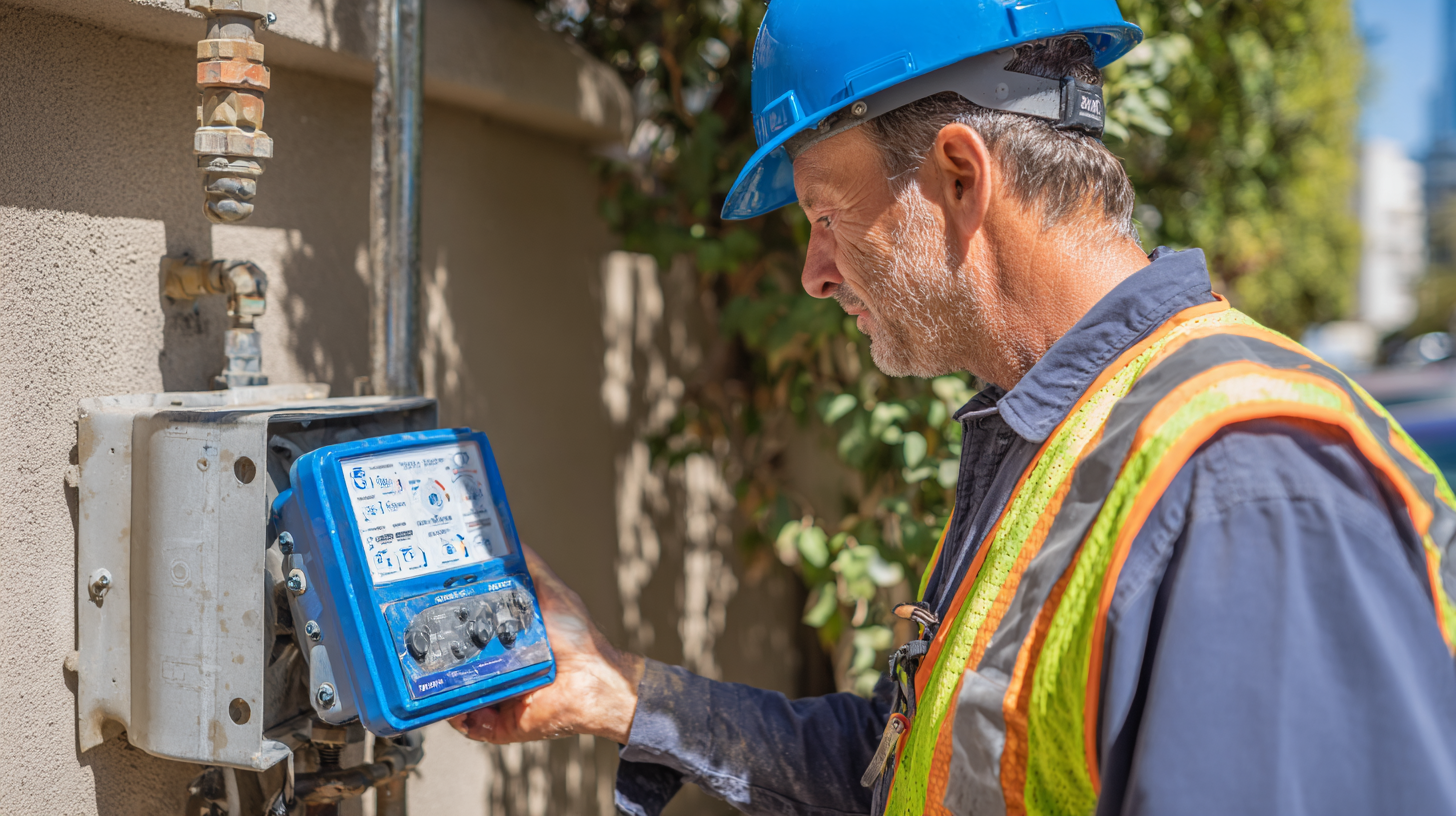
Another critical aspect to evaluate is the compatibility of the flow meter with various types of fluids, whether they are liquids or gases. Consider the meter's construction materials, particularly in environments with corrosive substances or extreme temperatures. Moreover, the availability of diagnostic features and maintenance alerts can enhance operational reliability, offering proactive insights that help prevent costly failures. By focusing on these key attributes, you can ensure that the chosen flow meter not only provides accurate measurements but also contributes to overall water savings and efficiency in your irrigation system.
How to Assess Accuracy and Reliability in Irrigation Flow Meters
When selecting an irrigation flow meter, assessing accuracy and reliability is paramount. Accurate measurements ensure that water resources are allocated efficiently, preventing under or over-irrigation that can harm crops and waste water. Look for flow meters that have been calibrated and certified by respected standards organizations. Calibrated meters provide a higher degree of assurance regarding their precision, especially under varying flow conditions.
Reliability is equally crucial; a meter should withstand harsh environmental conditions while delivering consistent performance over time. Look for features such as durable materials and protective casings that safeguard the meter from physical damage and environmental stress. Additionally, consider the meter’s maintenance requirements; simple maintenance routines can enhance the long-term reliability of the device. By prioritizing both accuracy and reliability, farmers and agricultural professionals can make informed decisions that support sustainable irrigation practices and maximize water efficiency.
Evaluating Cost vs. Benefit: Choosing the Right Flow Meter for Your Budget
When selecting an irrigation flow meter, it's essential to evaluate the cost versus the benefits it provides. Initially, consider the upfront costs of various flow meter options available in the market. Basic models might be cheaper, but they may lack advanced features that can enhance water efficiency or monitoring capabilities. Investing in a higher-quality flow meter can lead to long-term savings by reducing water waste and improving irrigation precision, which is particularly important in areas facing water scarcity.
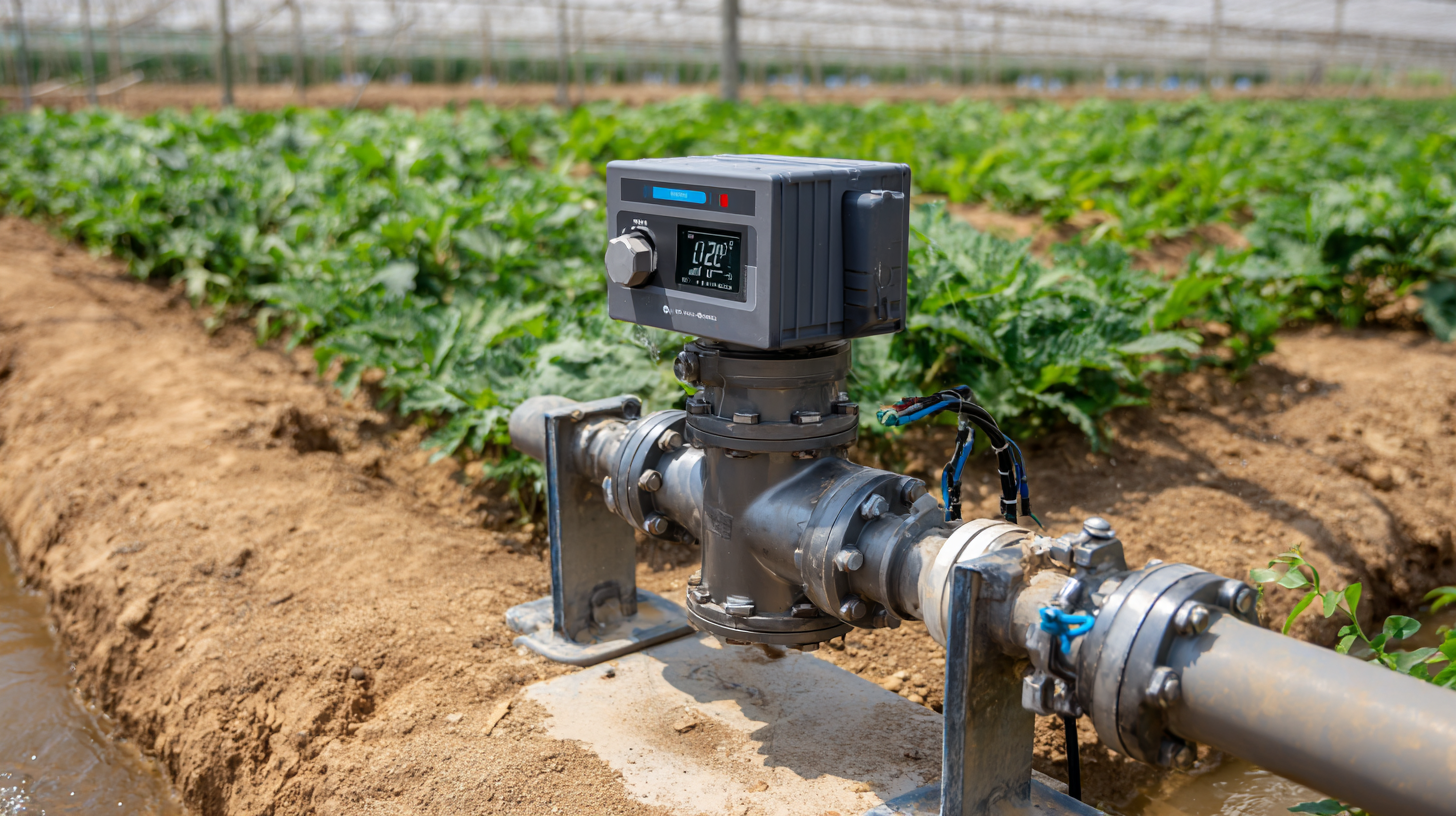
Top Brands and Models to Explore for Effective Irrigation Measurement
When selecting an irrigation flow meter, exploring top brands and models is crucial for effective water management. Leading manufacturers like **Toro**, **Hawkeye**, and **Rain Bird** offer advanced solutions tailored for diverse irrigation systems. According to the **Irrigation Association**, utilizing high-quality flow meters can increase water efficiency by up to 30%, reducing waste and optimizing resource allocation.
Tip: Always consider the meter's accuracy and flow range. Meters like the **Toro T5I** ensure precision across various flow rates, making them suitable for both residential and agricultural applications. Additionally, look for models with built-in data logging features, which allow for real-time monitoring and performance analysis.
Another aspect to consider is the ease of installation and maintenance. Brands such as **Hawkeye** provide user-friendly designs that facilitate straightforward setup. According to a recent **Water Efficiency Report**, improper installation can lead to a 20% drop in measuring effectiveness, underscoring the importance of choosing a meter that is both efficient and easy to handle. Incorporating these reputable brands into your irrigation system can greatly enhance your water management strategy.
10 Essential Tips for Choosing the Right Irrigation Flow Meter for Optimal Water Efficiency
| Feature | Description | Benefits |
|---|---|---|
| Accuracy | Measures flow precisely to ensure correct irrigation | Improved water usage efficiency |
| Measurement Range | Covers various flow rates | Adaptable for different crops and conditions |
| Ease of Installation | User-friendly setup process | Reduces downtime during installation |
| Durability | Built to withstand environmental conditions | Lower replacement costs over time |
| Digital Readouts | Clear display of measurement data | Easier data interpretation |
| Compatibility | Works with various irrigation systems | Flexible integration into existing setups |
| Wireless Connectivity | Enables remote monitoring and data access | Increased convenience and management |
| Maintenance Requirements | Minimal upkeep needed | Saves time and resources |
| Price | Range of options available | Affordable choices for any budget |
| Customer Reviews | Feedback from other users | Guide to performance and reliability |
Related Posts
-

Ultimate Guide to Understanding Irrigation Flow Meters: Key Insights from Industry Experts and Data
-

Innovative Alternatives to Inline Flow Meter Solutions for Enhanced Measurement Accuracy
-

7 Expert Tips for Selecting the Best Mag Meter for Your Industry
-
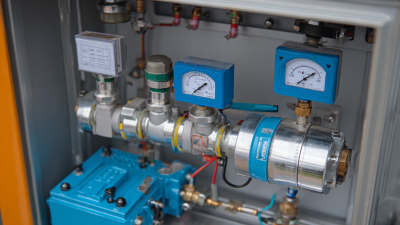
How to Effectively Choose the Right Hydraulic Flow Meter for Your Industrial Needs
-
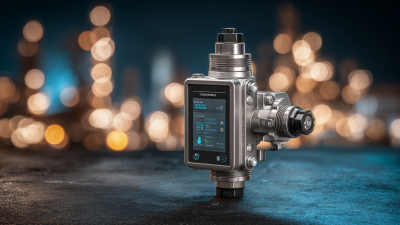
Understanding How Flow Transmitters Revolutionize Industrial Fluid Management
-
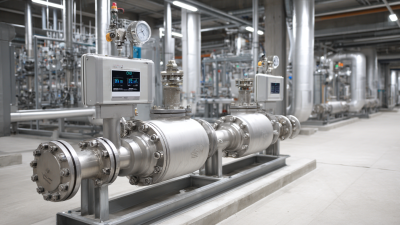
Understanding Flow Transmitters: The Key to Accurate Fluid Measurement in Industrial Applications
